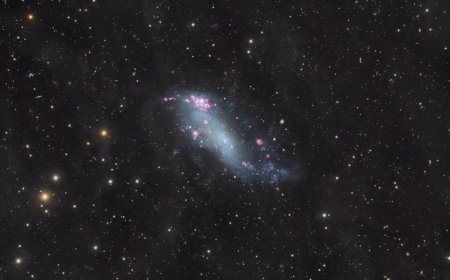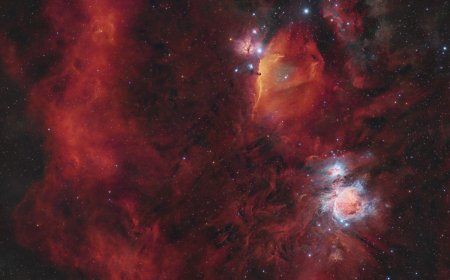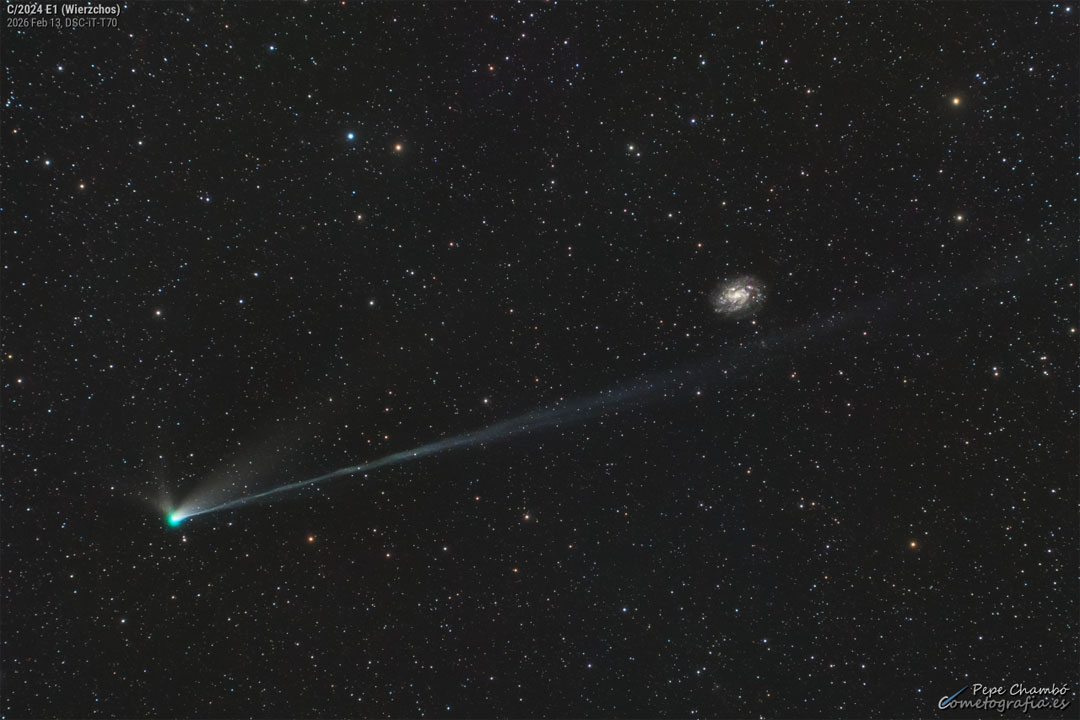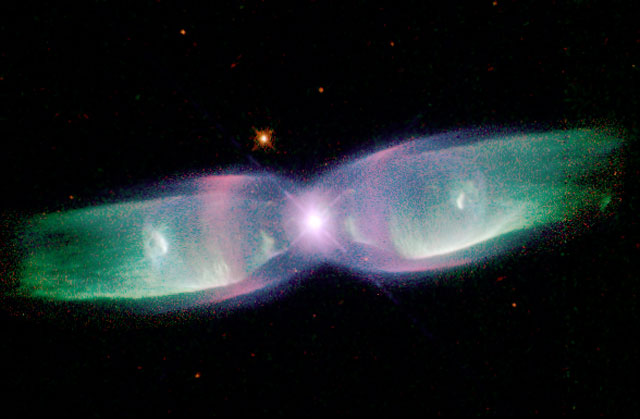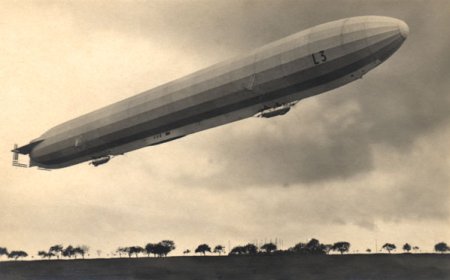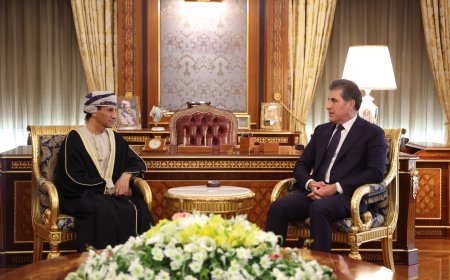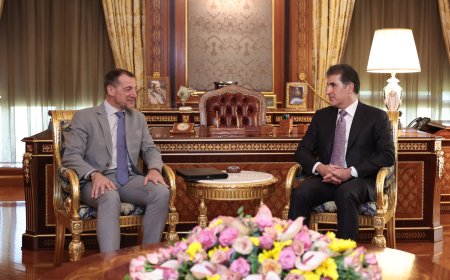‘STOP NOW!’ Trump Vows Sanctions for Iran Oil Buyers
"Any Country or person who buys ANY AMOUNT of OIL or PETROCHEMICALS from Iran will be subject to, immediately, Secondary Sanctions," he warned.
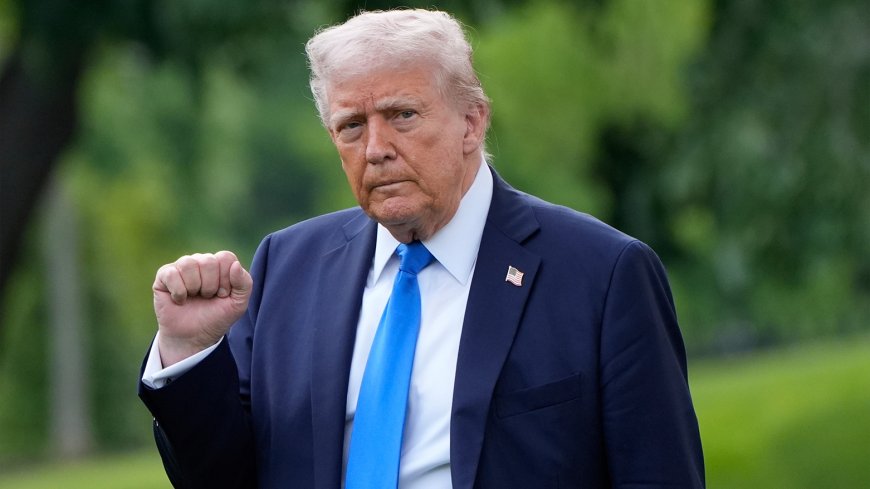
In a dramatic escalation of U.S. pressure on Iran and its oil trade partners, President Donald Trump has issued a stark ultimatum: any country or individual purchasing Iranian oil or petrochemical products will face immediate secondary sanctions. The statement, published on Thursday on President Trump's Truth Social platform, comes on the heels of a postponed diplomatic meeting between U.S. and Iranian officials that was originally scheduled to take place in Rome.
"All purchases of Iranian Oil, or Petrochemical products, must stop, NOW!" Trump declared. He warned that violators "will not be allowed to do business with the United States of America in any way, shape, or form."
"Any Country or person who buys ANY AMOUNT of OIL or PETROCHEMICALS from Iran will be subject to, immediately, Secondary Sanctions," he warned.
Trump did not detail the mechanisms for implementing such sweeping measures, but his comments have reignited concerns over global energy flows, particularly in light of growing tensions with China. As the largest buyer of Iranian oil, China has come under heightened scrutiny, especially after the U.S. Energy Information Administration (EIA) released data suggesting Beijing is using covert methods to sidestep sanctions.
The EIA’s January 3, 2025, report revealed that China has imported over 90 percent of Iran’s crude oil output. In response, President Trump imposed a 145 percent customs duty on Chinese imports, signaling a hardening of U.S. trade policy amid broader geopolitical rivalry. The report also highlighted that China has been evading sanctions by relabeling Iranian oil as originating from other countries, including Malaysia, the United Arab Emirates (UAE), and Oman.
In 2023, China imported a record 11.3 million barrels per day (b/d) of crude oil, marking a 10 percent rise from the previous year. Official customs data showed a staggering 54 percent jump in oil imports from Malaysia alone. However, experts have cast doubt on these figures, noting that Malaysia’s total oil production falls far short of the reported export volume.
"Much of the oil shipped from Iran to China was relabeled as originating from countries such as Malaysia, the United Arab Emirates, and Oman to avoid U.S. sanctions," the EIA analysis concluded. While not new, the practice has become more sophisticated, making it harder to track the true origin of shipments.
Industry analysts explain that the operation typically involves Iranian oil being offloaded at transshipment hubs, particularly in Southeast Asia and the Gulf. The oil is then re-exported with falsified documents identifying a new country of origin. These gray-market practices undermine U.S. efforts to curb Iran’s oil revenues, which remain a critical source of funding for the Iranian government amid ongoing tensions over its nuclear program and regional interventions.
Despite a web of existing U.S. sanctions designed to isolate Tehran economically, these deceptive trading channels have kept Iran's petroleum industry afloat. As a result, calls are growing within Washington for tighter enforcement mechanisms and enhanced maritime monitoring to crack down on these evasive tactics.
Adding further pressure, Iran on Thursday denounced a new round of U.S. sanctions targeting its oil sector, branding the move as "economic terrorism" just days before high-stakes nuclear negotiations are scheduled to resume between the two countries in Rome. According to Agence France-Presse (AFP), the U.S. announced fresh sanctions on Wednesday against seven companies accused of facilitating Iranian oil sales, including four based in the United Arab Emirates and one in Turkey.
U.S. Secretary of State Marco Rubio justified the measures by stating, “So long as Iran attempts to generate oil and petrochemical revenues to fund its destabilizing activities, and support its terrorist activities and proxies, the United States will take steps to hold both Iran and all its partners engaged in sanctions evasion accountable.”
Iran’s Foreign Ministry spokesperson Esmaeil Baqaei condemned the sanctions as a sign of America’s “lack of goodwill and seriousness in advancing the path of diplomacy.” He accused Washington of trying to disrupt “friendly and legal relations between developing countries” through what he called economic coercion.
Since returning to the White House in January, President Trump has revived his signature "maximum pressure" campaign against Iran, echoing the policies of his first term. Though adopting a confrontational posture, Trump has also urged renewed dialogue. In March, he reportedly sent a letter to Iran’s Supreme Leader Ayatollah Ali Khamenei, calling for direct talks while cautioning of possible military consequences if diplomacy fails.
During his first term, Trump withdrew the United States from the 2015 Joint Comprehensive Plan of Action (JCPOA)—a landmark deal that had granted Iran sanctions relief in exchange for nuclear restrictions. That move spurred Tehran to scale back its compliance, heightening fears of a nuclear crisis.
As Tehran and Washington prepare for the fourth round of nuclear talks this Saturday in Rome, experts remain divided over whether Trump’s intensified sanctions will drive Iran to the negotiating table or harden its stance. What remains clear is that the shadow trade in Iranian oil—and the strategic ambiguity surrounding enforcement—continues to test the limits of American economic statecraft.
(Source:Kurdistan24)
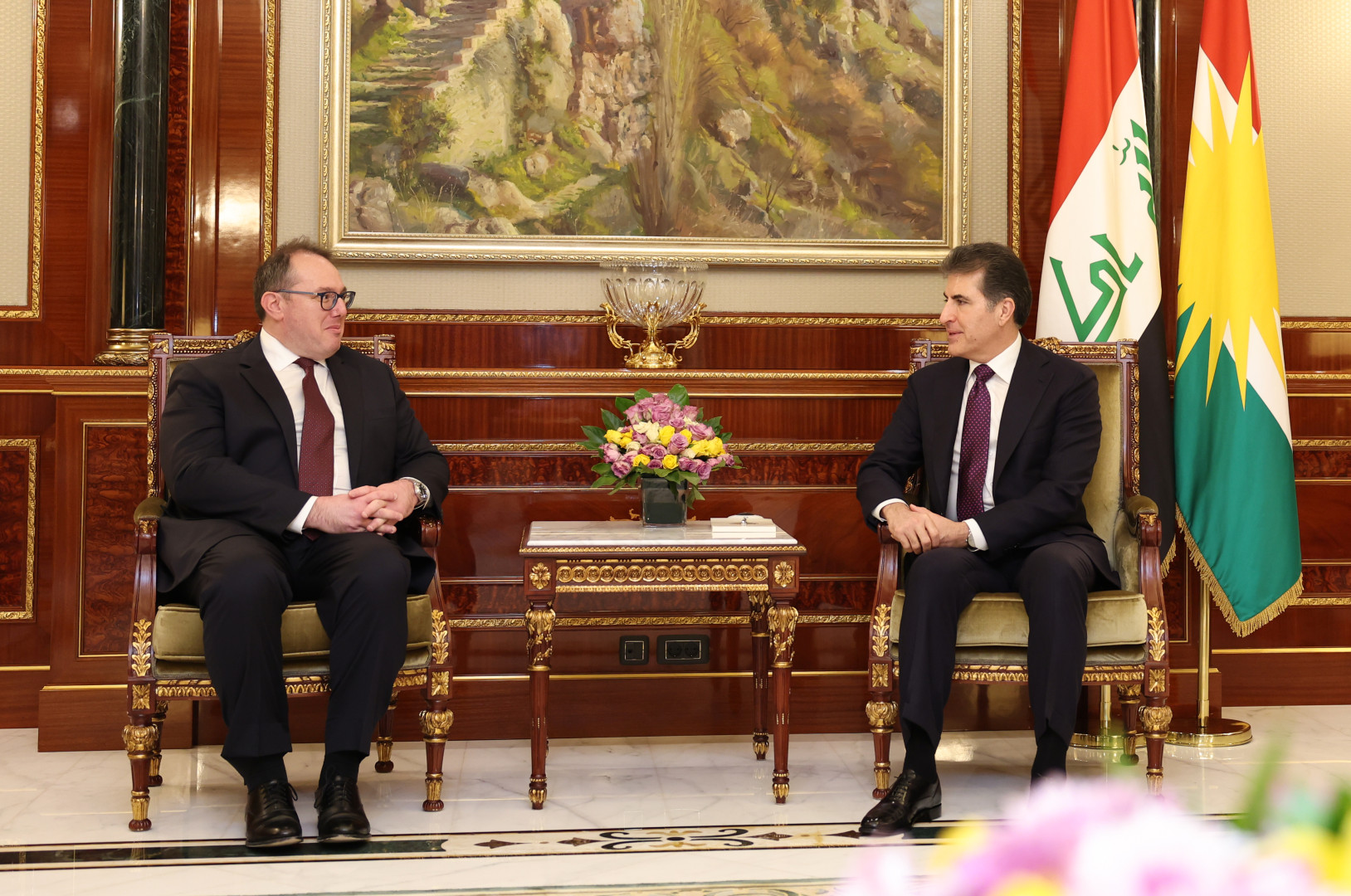


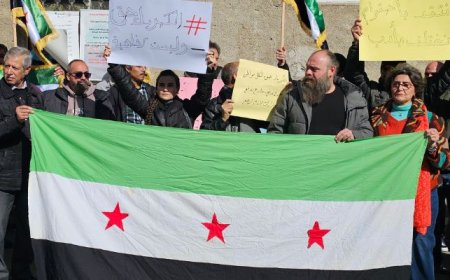
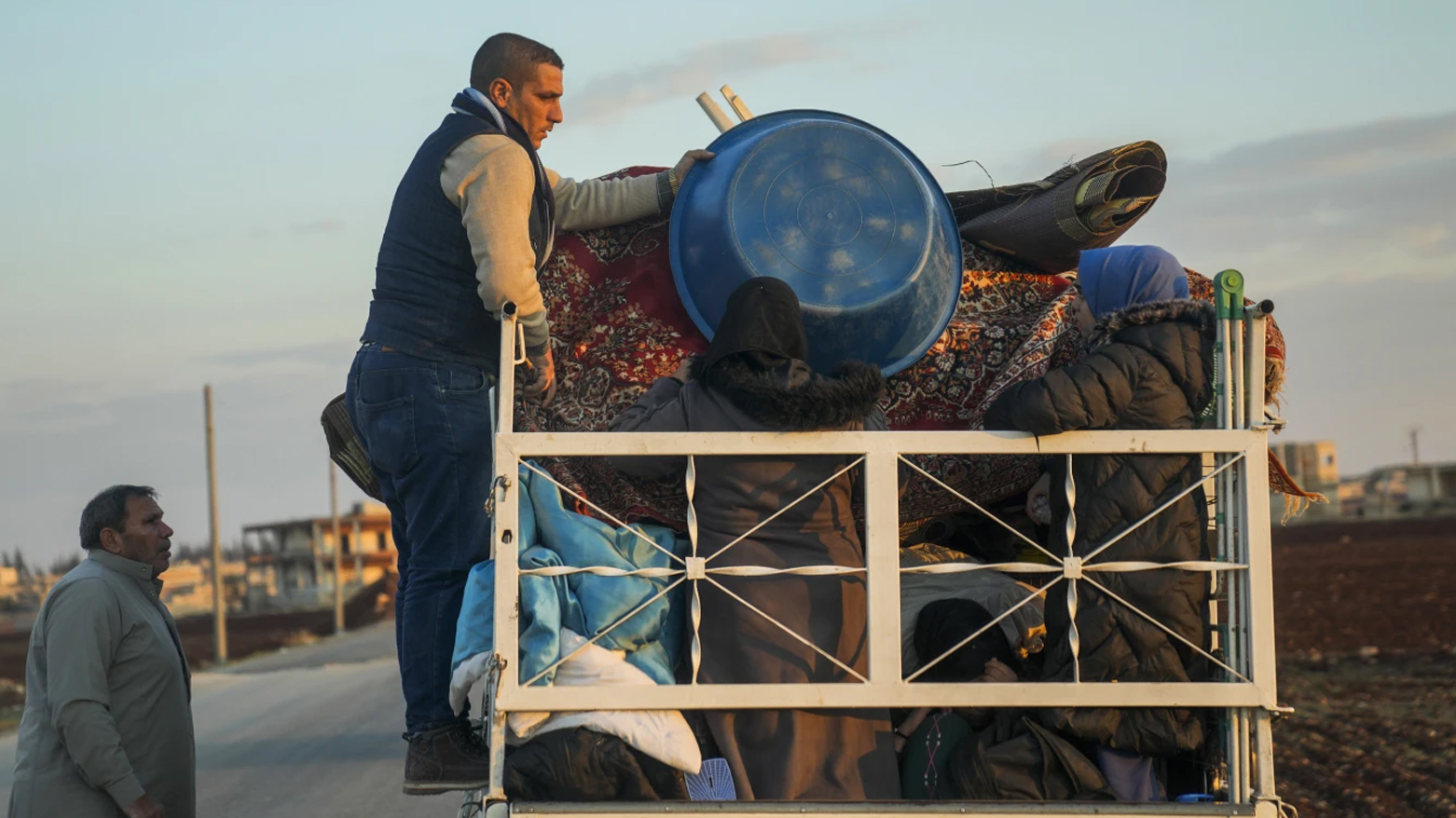


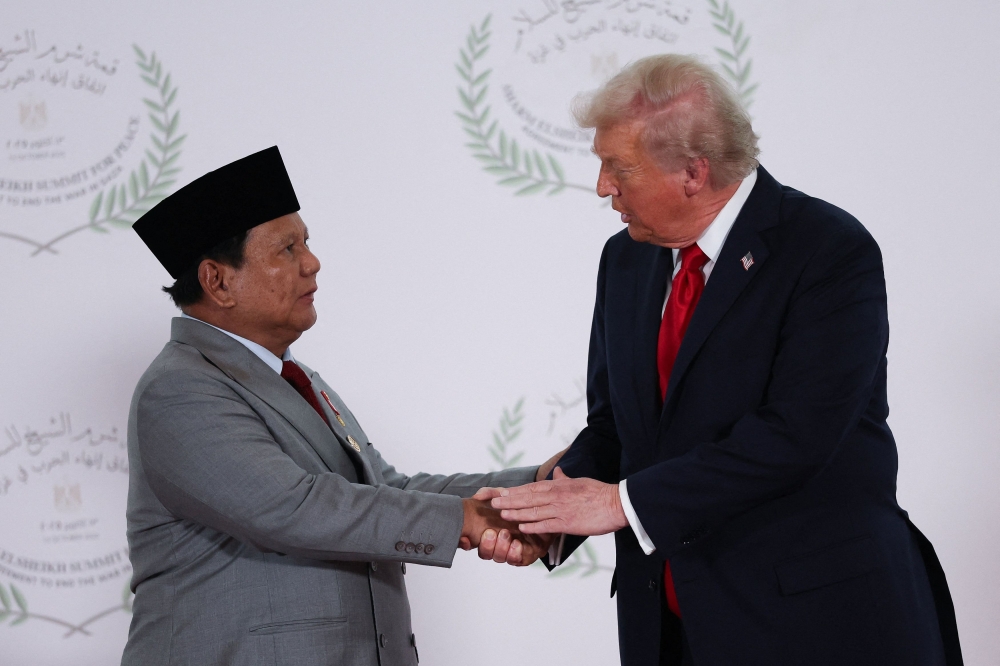

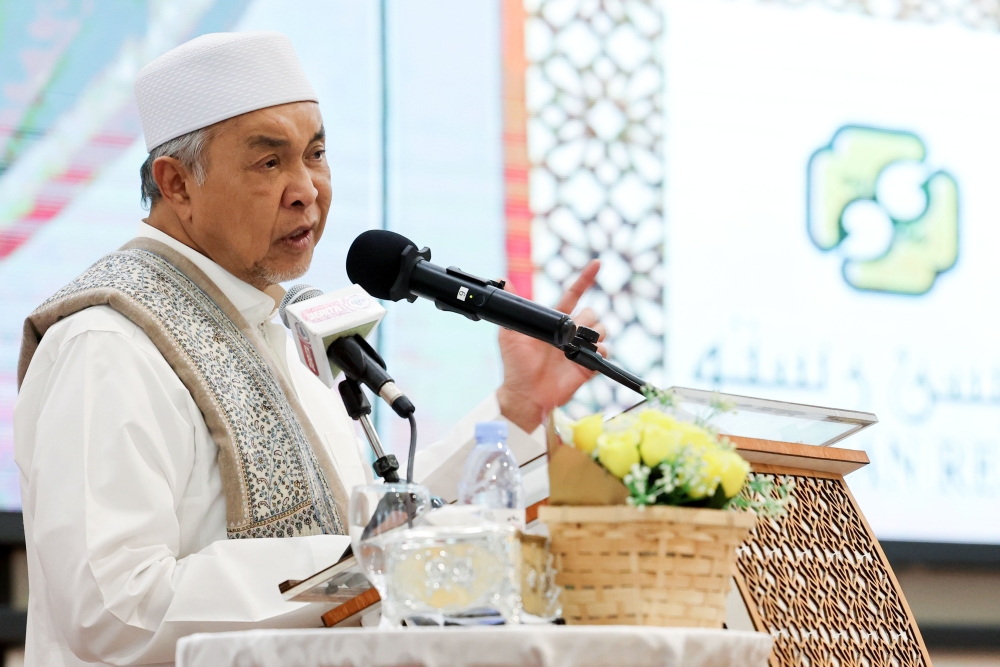




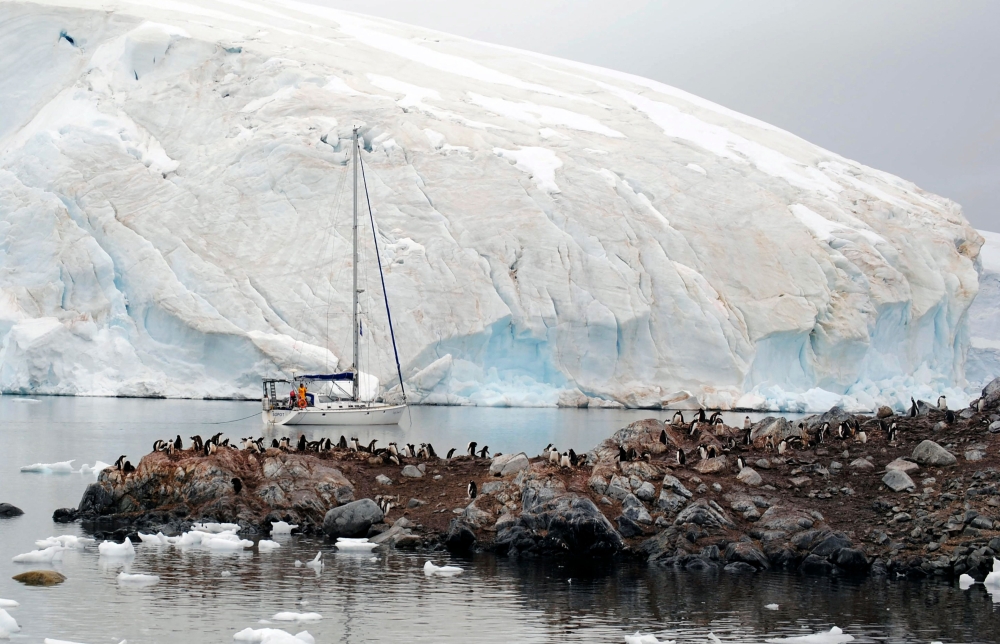






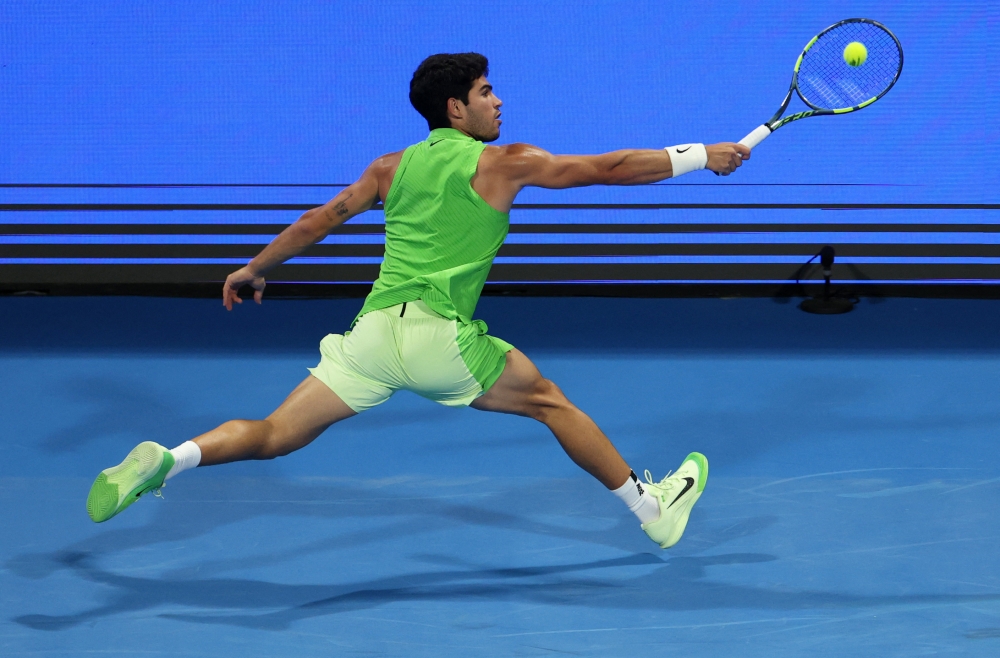


/file/attachments/2988/P1YoungLeaders_622876.jpg)





